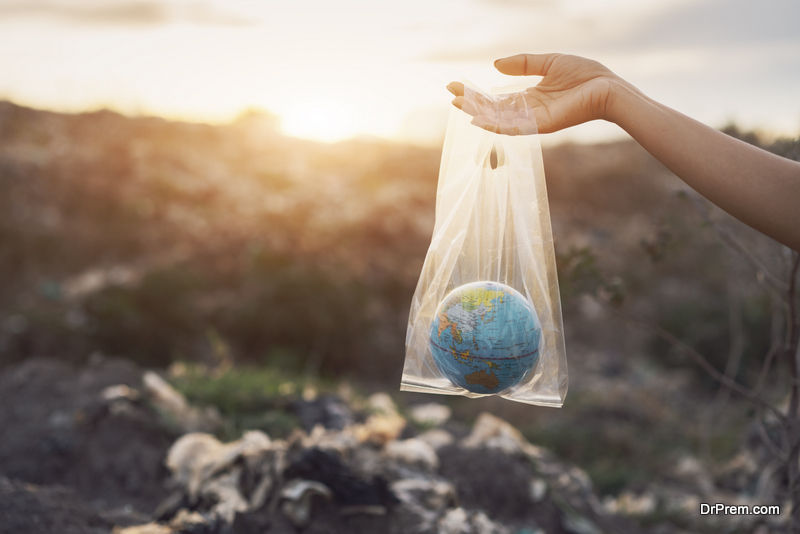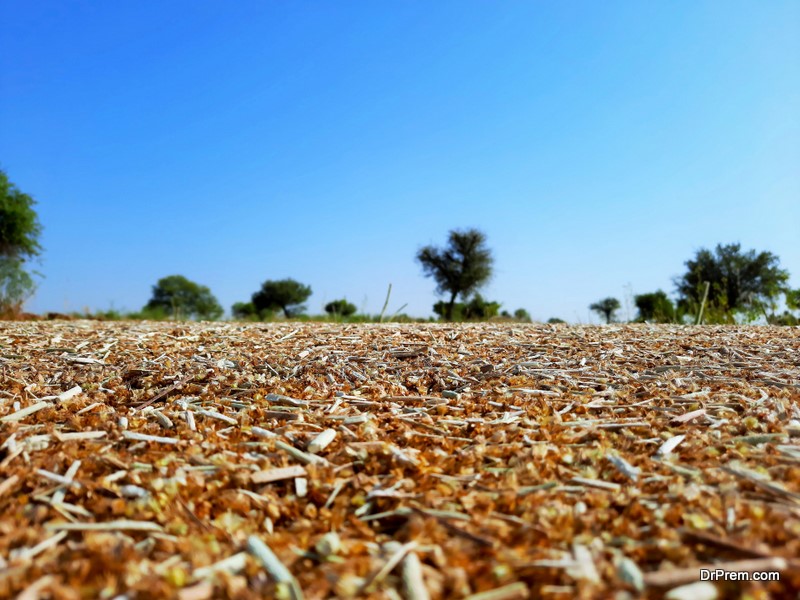With a management team that includes Head of Business Operations Duncan Clark, Teysha Technologies is a company based in the UK which utilises organic feedstocks in the production of biopolymers. Teysha Technologies’ revolutionary advancements in the field have resulted in the production of polymers from natural feedstocks capable of degrading in a relatively short period of time in natural environments. These polymers show particular potential in reducing the environmental impact of agriculture across Southeast Asia, one of the world’s biggest agriculture producers.
Agricultural Waste in Southeast Asia
 Southeast Asian regions produce massive amounts of biomass waste, including agricultural waste, wood biomass, solid waste, and animal waste. Southeast Asia is also responsible for production of millions of tonnes of single-use plastic, much of which finds its way into the world’s rivers and oceans.
Southeast Asian regions produce massive amounts of biomass waste, including agricultural waste, wood biomass, solid waste, and animal waste. Southeast Asia is also responsible for production of millions of tonnes of single-use plastic, much of which finds its way into the world’s rivers and oceans.
As explained by Chairman Matthew Stone, Teysha Technologies has developed a revolutionary new chemistry platform that transforms agriculture waste into a variety of sustainable construction and packaging materials, reducing reliance on single-use plastics and drastically lowering the amount of plastic that enter the world’s oceans each year.
Polymers produced by Teysha Technologies are an effective substitute for petroleum-based plastics. Critically, Teysha Technologies’ new generation of bioplastics are derived from natural resources rather than petroleum-based fossil fuels, such as eco-friendly starches and agricultural waste products.
The Southeast Asian countries of Thailand, Indonesia, Vietnam and the Philippines produce more than 38 million tonnes of rice husk every year. Approximately 90% of global palm oil is produced by Malaysia, Thailand, and Indonesia, creating an estimated 27 million tonnes of agricultural waste in the process in the form of fibres, fruit branches, shells, and liquid effluent.
Southeast Asia may be one of the world’s leading agricultural zones, but conglomerates operating in the region often rely on outdated, environmentally harmful practices. Farming in the region creates thousands of tonnes of biowaste every year, with leaves, stems, and seed pods often left on the ground to rot, or worse, set on fire.
The Impact of Slash-and-Burn
The environmental impact of ‘slash-and-burn’ operations is well publicised. This agricultural technique creates massive fires and contributes to global deforestation, which continues to occur at an alarming rate.
In addition, slash-and-burn operations result in the release of toxic gasses such as nitrogen oxide, ammonia and methane, creating dangerous levels of air pollution that can have a significant impact on human health. These gases can trigger respiratory illnesses such as asthma and chronic bronchitis, as well as causing eye and skin diseases.
Indonesian agriculture continues to rely heavily on slash-and-burn methods to clear vegetation and waste. According to statistics published by the country’s national disaster agency, over 328,000 hectares of land were cleared in this way between January and August 2019, causing a dangerous haze that resulted in school and business closures across the region.
Slash-and-burn operations are not only harmful to health; they also cause environmental devastation. The practice destroys organic minerals and materials within the soil, compromising its quality, as well as destroying potentially valuable organic resources.
Plastic Pollution
 According to statistics published by Science Direct, the burning of agricultural waste across Southeast Asia accounts for approximately 13% of worldwide greenhouse gas emissions. Throughout the region, large agricultural conglomerates dominate food production and processing, producing agricultural waste on a massive scale. Such operations use millions of tonnes of single-use plastics as product packaging. These plastics find their way into the world’s oceans at an alarming rate. According to the World Economic Forum, by the year 2050 there will be more plastic than fish in the world’s oceans if plastic pollution continues at its current rate.
According to statistics published by Science Direct, the burning of agricultural waste across Southeast Asia accounts for approximately 13% of worldwide greenhouse gas emissions. Throughout the region, large agricultural conglomerates dominate food production and processing, producing agricultural waste on a massive scale. Such operations use millions of tonnes of single-use plastics as product packaging. These plastics find their way into the world’s oceans at an alarming rate. According to the World Economic Forum, by the year 2050 there will be more plastic than fish in the world’s oceans if plastic pollution continues at its current rate.
In a 2015 report, the Ocean Conservancy observed that up to 60% of ocean plastic originated in five countries. Four of these countries are located in Southeast Asia. Ocean plastic has a devastating impact on marine life, killing sea creatures. Worryingly, it also breaks down into microparticles, entering the food chain.
Amidst rising international concern over plastic pollution and global sustainability, Tesha Technologies offers an effective solution, reducing plastic waste while simultaneously utilising agriculture waste in the production of effective packaging and construction materials.
As Tesha Technologies’ patented products degrade, they break down into their basic natural building blocks, providing an environmentally friendly alterative to petroleum-based polymers. Teysha Technologies utilises natural resources to create effective products, while simultaneously protecting the world’s oceans and rivers for generations to come.
Article Submitted By Community Writer




